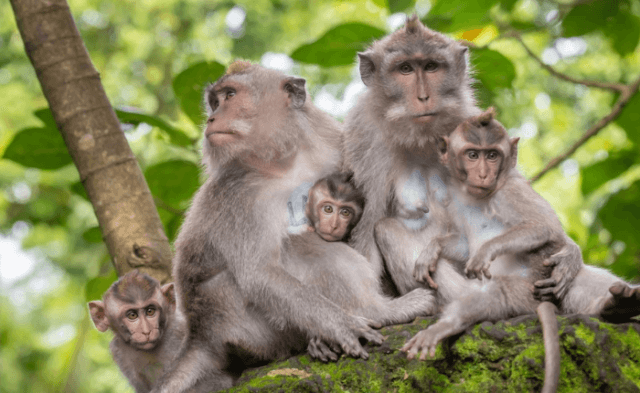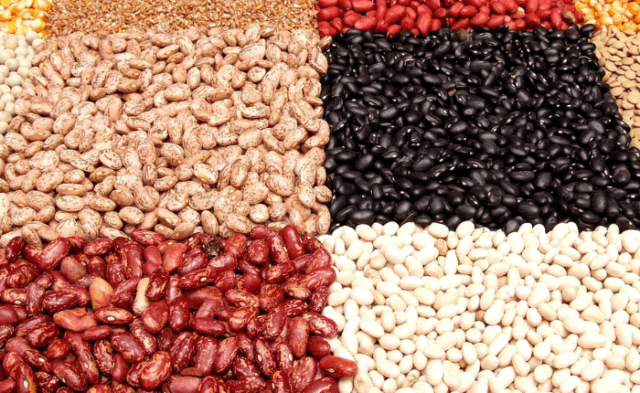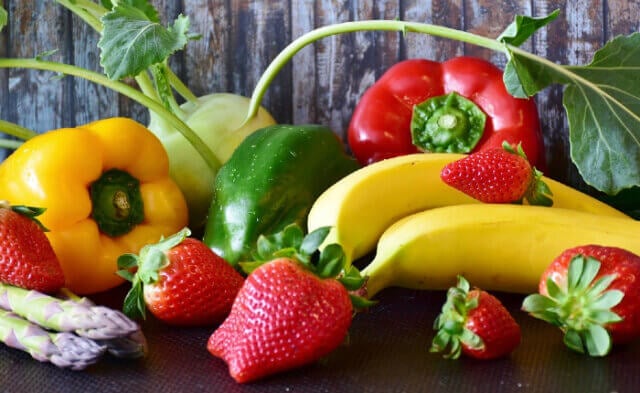In a year dominated by COVID-19 headlines, it was easy for the climate catastrophe and the environment to slide off the agenda: The word “climate” even fell off the Oxford Dictionary’s count of most-popular words in 2020. Yet, another recent count—the Lancet Countdown on Health and Climate Change, which collates advice from global public health experts—reminds us that we must keep the climate catastrophe squarely in our thoughts moving forward. This research collaboration monitored the relationship between climate catastrophe and public health and concluded that a warming climate threatens health, the economy, and our communities. The next few years are critical if we want to avoid catastrophic climate change, and we can make our choices count by going vegan today.
It would be easy to view 2020 as a year of missed opportunities, but the Lancet report suggests that we reframe the year as a teachable moment. We saw how much suffering and death occurred when scientific advice was ignored or delayed—proving how urgently we must address the changing climate now. Lancet scientists collated data on heatwaves, rainfall and extreme weather in the United States and found that heat-related mortality for people over 65 has doubled in the last 20 years. The U.S. also lost 2 billion hours of labor because of extreme heat, had a 19% rise in exposure to wildfire risk since 2004 and experienced the six warmest years in recorded history between 2014 and 2019.
The data are stark, but there is hope on the horizon, if we all recognize that the world’s future is in our hands—and on our plates. Lancet authors recommend an urgent reduction in greenhouse gases within the next five years. While some of their recommendations, like reshaping the energy grid or improving public transport, take time, others, like decarbonizing the food system, are within easy reach of individuals. The best way for us to heed the advice to transition to healthy, sustainable agricultural practices—which reduce pollution and greenhouse-gas emissions—is by going vegan.
Going vegan can ease many of the problems that plagued us in 2020. By reducing demand for factory farms, live animal markets and slaughterhouses, we lessen the disease risk that comes with packing sick, stressed animals in filthy, extremely crowded conditions, where illness can easily spread. Raising cows in pastures and feedlots, as well as growing their feed, leads to deforestation, which threatens biodiversity and puts wild animals in close proximity with humans—a disease-promoting scenario that experts have called “poking a beehive.”
Other studies have noted a vicious cycle linking the climate catastrophe, animal illness and increased production of methane—a particularly potent greenhouse gas emitted by ruminant animals. They point out that a changed climate creates sicker cows, who generate more greenhouse gases, which further heat the planet, and then the cycle repeats itself. A study from New York University found that if we all transitioned to plant-based foods and restored the farmland back to a healthy ecosystem, we could remove up to 16 years’ worth of carbon dioxide emissions from the atmosphere.
There are quantifiable public health savings related to going vegan. Oxford University concluded that a global move away from meat could save up to 8 million lives by 2050, reduce food-related emissions by two-thirds and avoid $1.5 trillion in climate-related damage.
2020 showed us that we cannot thrive if our environment is suffering. Cities affected by smoke, floods and heat waves affected our health and productivity. Our mistreatment of animals led to a global pandemic, which killed and sickened many individuals. As we enter 2021, let’s urgently embrace individual change where we can: in our kitchens, by going vegan. A kinder, safer and healthier world will be our reward.
Jessica Bellamy is a writer for the PETA Foundation, 501 Front St., Norfolk, VA 23510; www.PETA.org.





